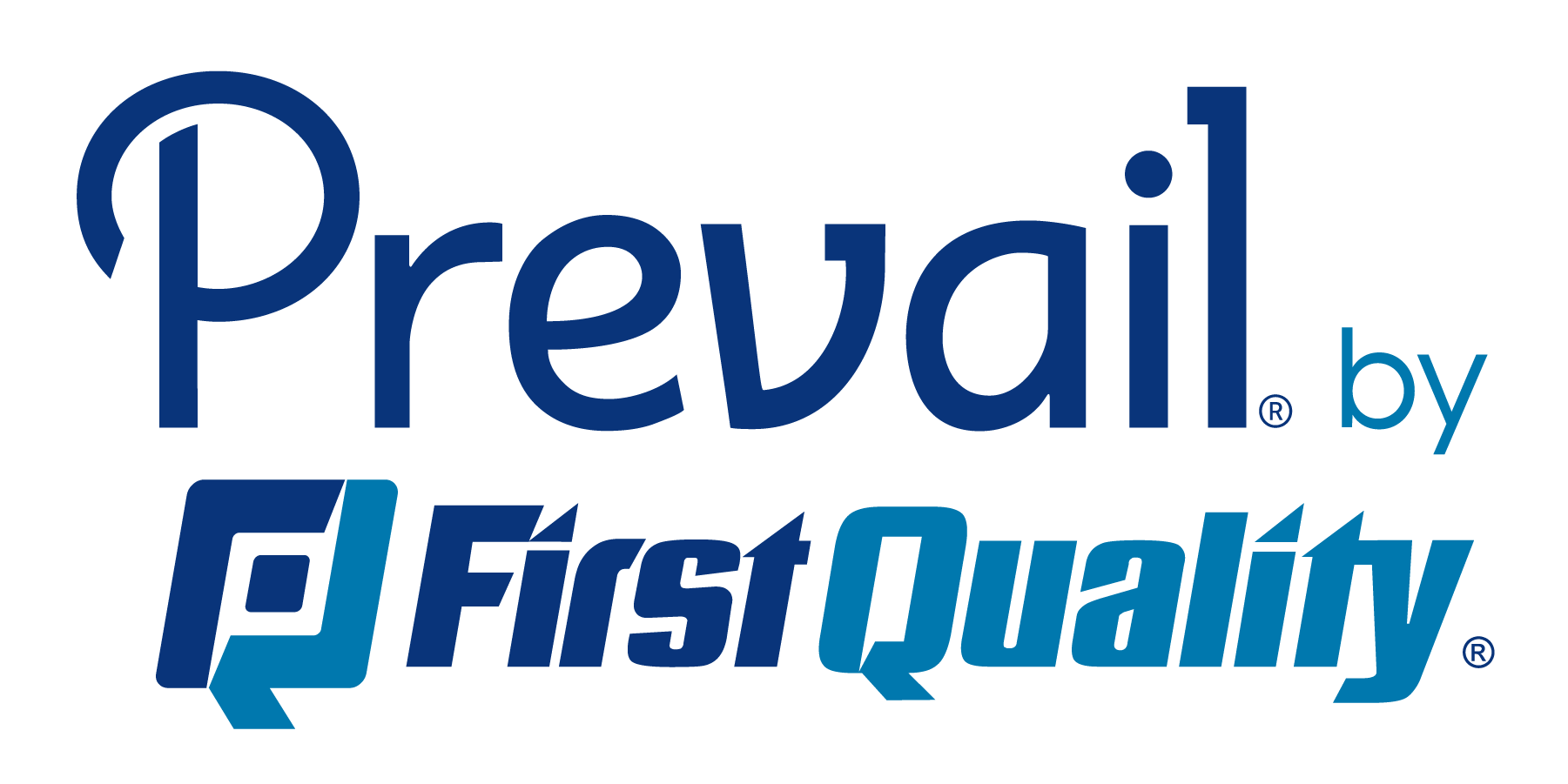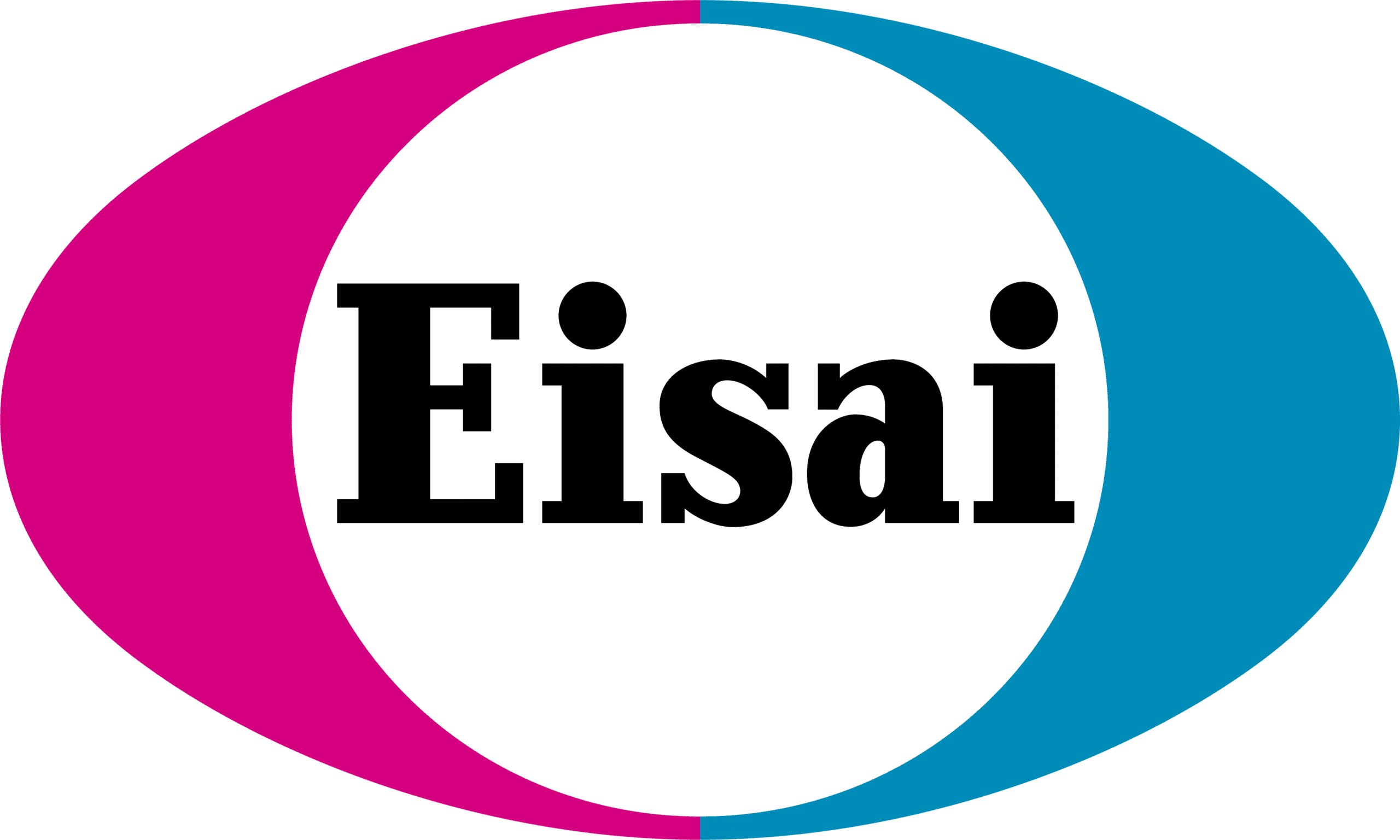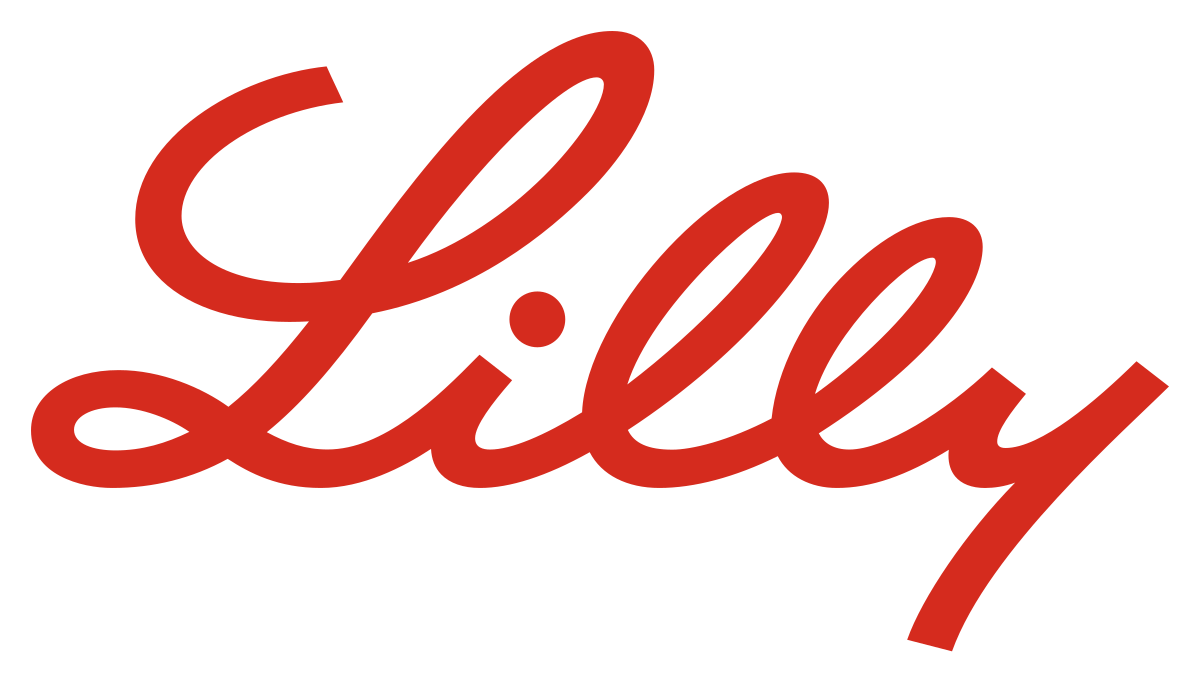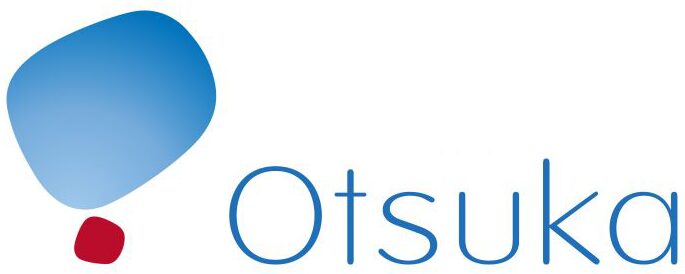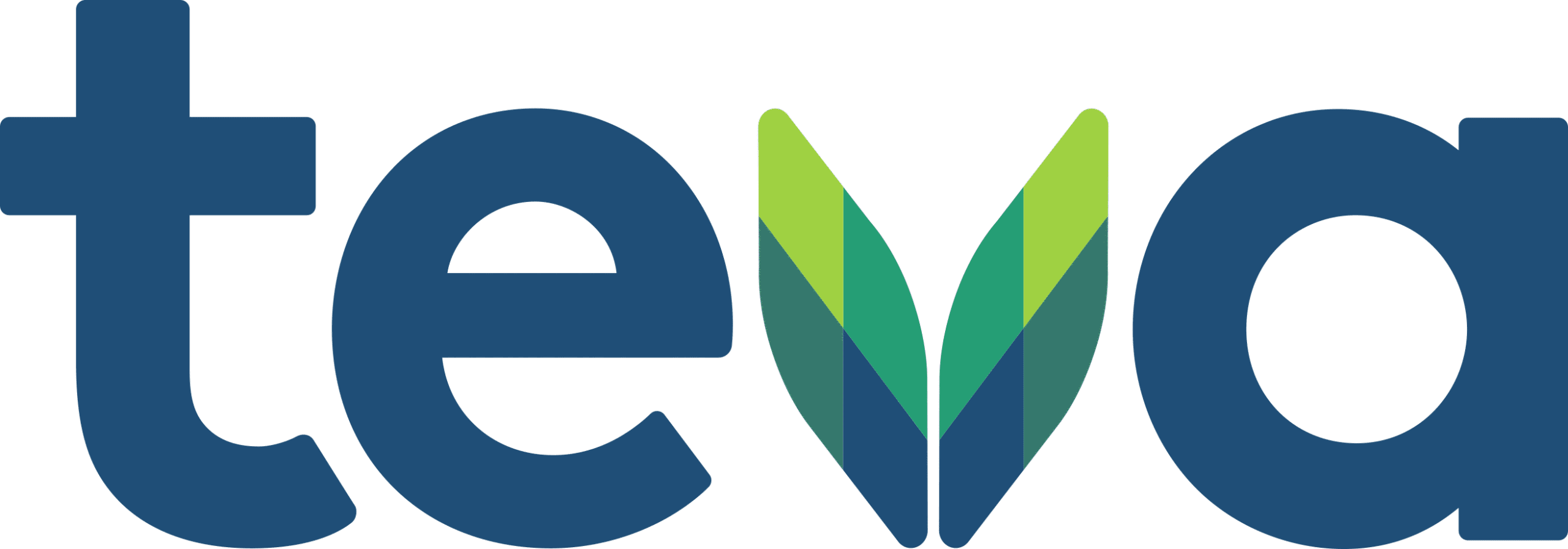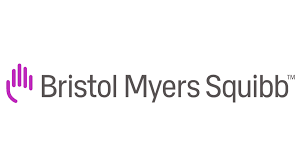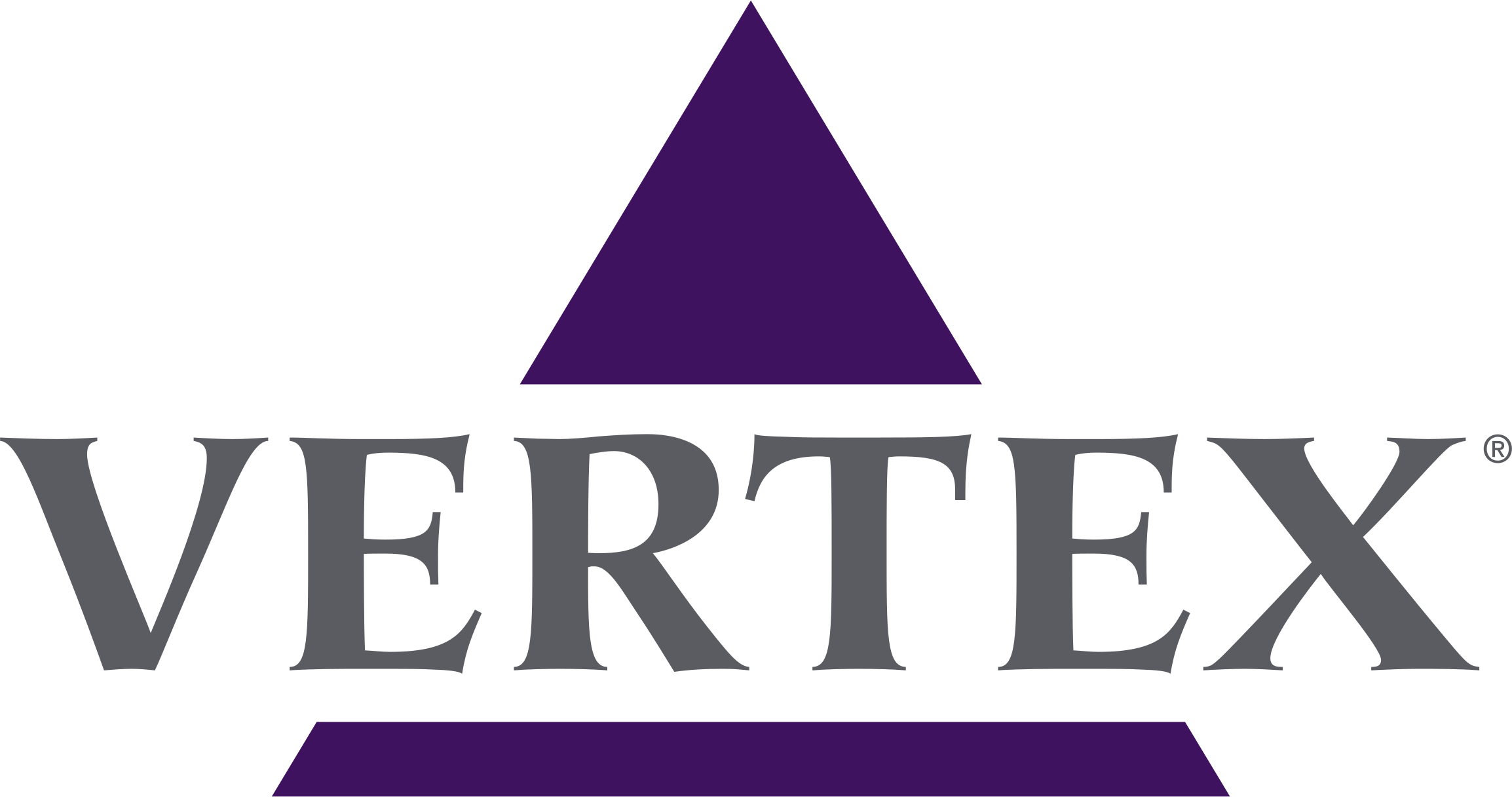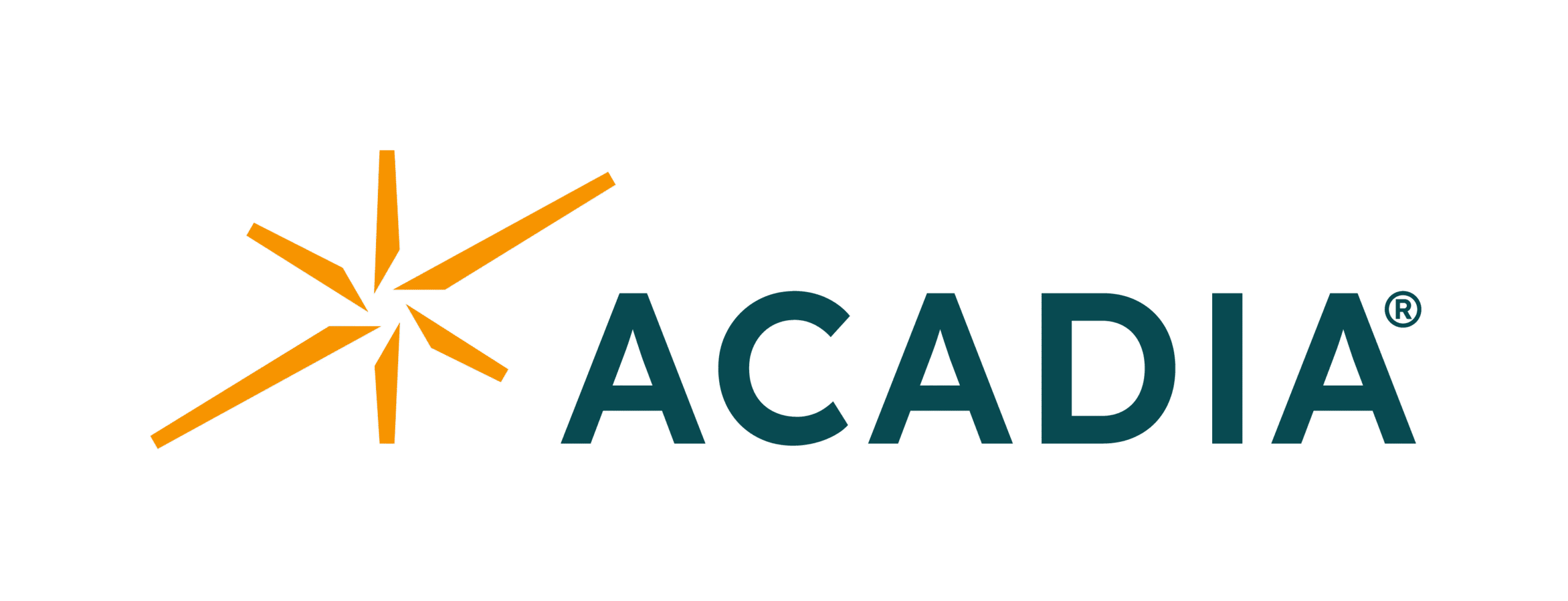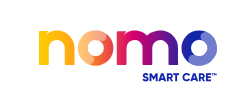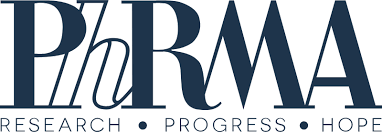
Caregiving doesn’t pause after November — and neither does the importance of staying connected to the right support. Plug-in to Care helps caregivers find trusted information, supportive communities, and practical tools that make each day a little more manageable. Whether you’re caring for a loved one this holiday season or any time of year, connection can make all the difference.
The Caregiver’s Role
As our loved ones age, many will face a combination of chronic conditions, mobility changes, cognitive shifts, sensory decline, or multiple health challenges. Caring for an older adult often involves balancing medical support, daily living help, safety modifications, emotional companionship, and planning for transitions. Given the complex nature of aging, caregivers benefit from both practical tools and policy-level supports.


